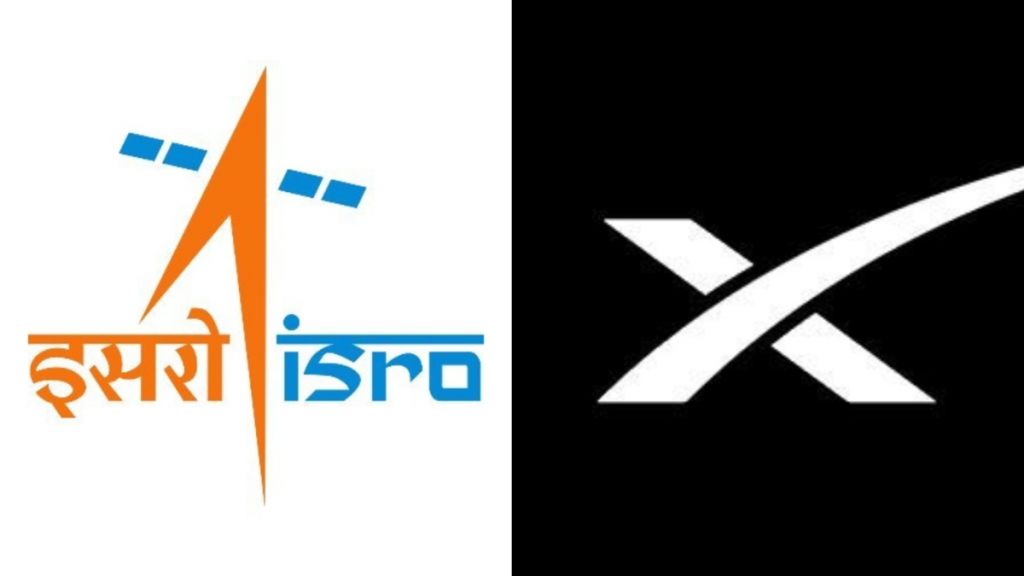
ISRO (Indian Space Research Organisation) is teaming up with billionaire entrepreneur Elon Musk's SpaceX to launch its satellite into space. ISRO'S GSAT-N2 will lift off using SpaceX's Falcon-9 rocket. If all goes well, the launch will take place next week from Cape Canaveral in US. This is the first such tie-up between ISRO and SpaceX.
GSAT-N2 has a lift-off mass of 4700 kg. The biggest rocket ISRO currently has, has lift-off capacity of around 4000 kg. The Indian space agency has joined hands with SpaceX because any other rocket is not currently available with ISRO's usual global partners. India has in past, collaborated with France's Arianespace and Russia for such launches in past. The French company does not have any rocket available at the moment and Russia is unable to aid India due to the ongoing war with Ukraine.
GSAT-N2 (GSAT-20) is a communication satellite. When operational, the satellite will enhance broadband as well as In-Flight Connectivity (IFC) across India. As per ISRO, the satellite has a mission life of 14 years.
"...The satellite is equipped with 32 user beams, comprising 8 narrow spot beams over the Northeast region and 24 wide spot beams over the rest of India. These 32 beams will be supported by hub stations located within mainland India. The Ka-Band HTS communication payload provides a throughput of approximately 48 Gbps.The payload consists of three parabolic 2.5-meter deployable reflectors with multiple feeds generating 32 spot beams over the Indian region using a single feed per beam configuration...," says ISRO on its website.
ISRO and SpaceX joined hand for this mission earlier this year. ISRO made an announcement about the mission and the tie-up earlier this year.
"NSIL [the commercial arm of ISRO] is realizing GSAT-20 satellite through ISRO and will be launched on-board Falcon-9 under a Launch service contract between M/s NSIL and M/s SpaceX, USA. GSAT-20 weighing 4700 kg, offers HTS capacity of nearly 48Gpbs," ISRO said in a press release issued on January 2 this year.
ISRO added that GSAT-N2 has been "specifically designed to meet the demanding service needs of remote/ unconnected regions."